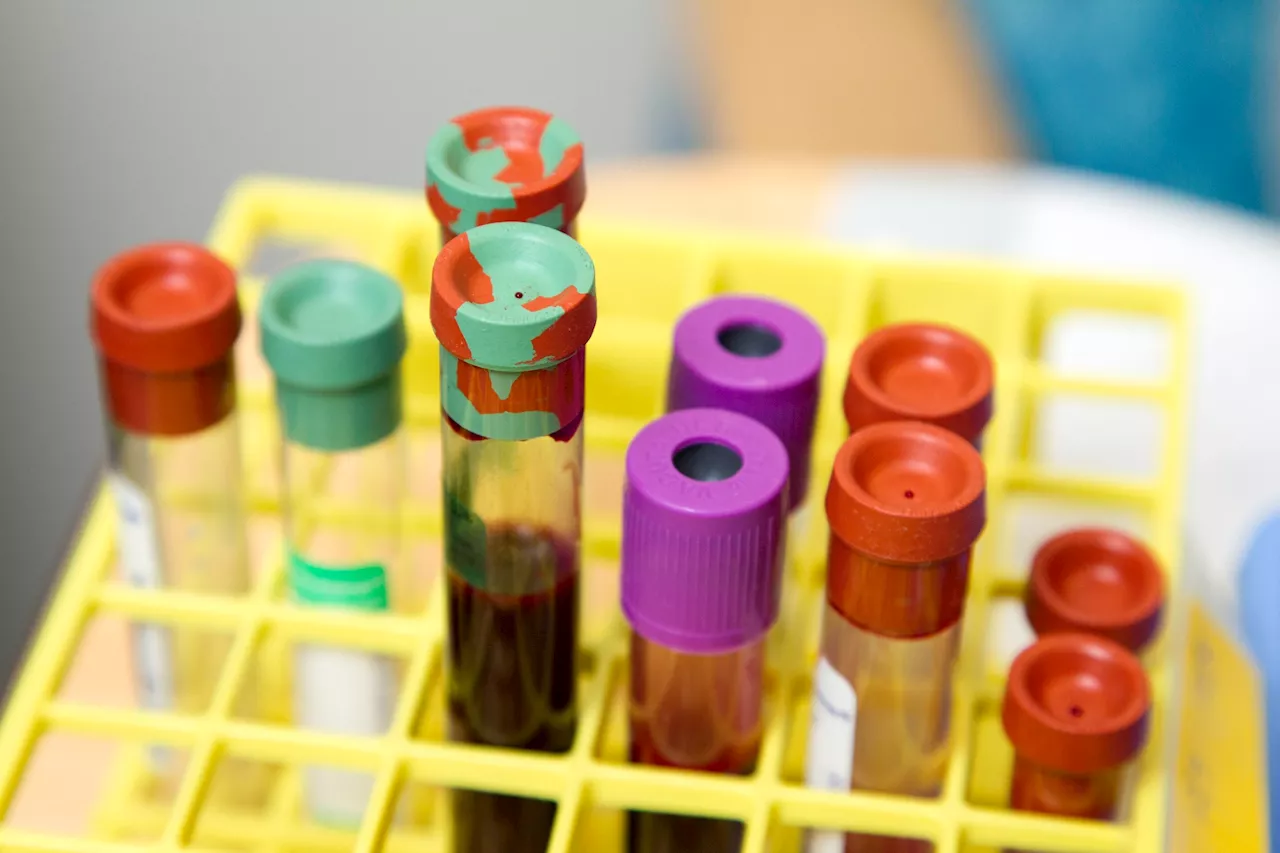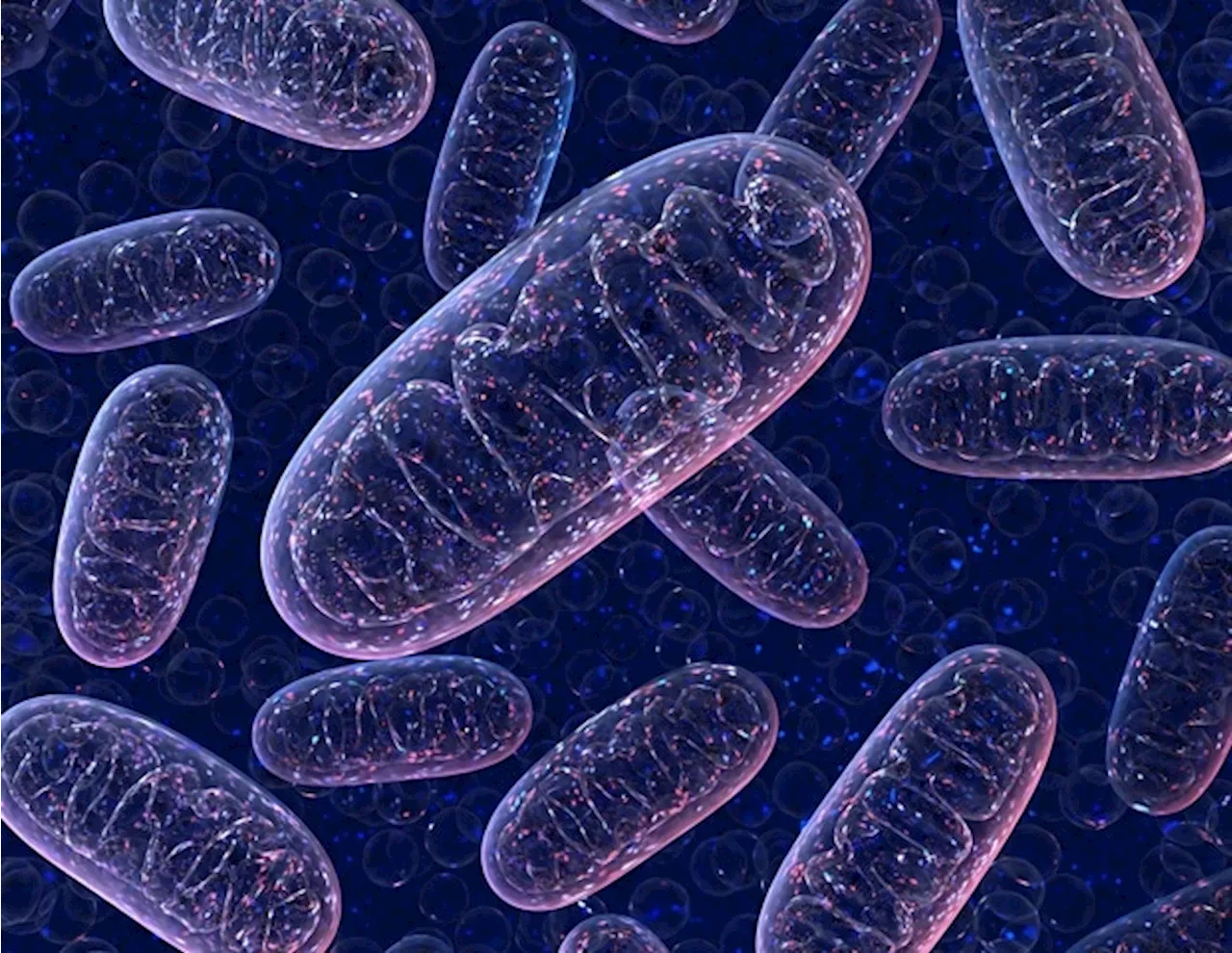Researchers identify causal associations between artificial sweeteners and pregnancy outcomes.
By Dr. Liji Thomas, MDReviewed by Benedette Cuffari, M.Sc.Oct 8 2024 Artificial sweetener consumption may cause complications in pregnancy; however, this association remains unclear.
What are artificial sweeteners? ASs or non-nutritive sweeteners are sugar substitutes with high sweetness but low energy content. The use of ASs may reduce the incidence of dental caries and obesity, thus making these sweeteners an attractive option for people with type 2 diabetes mellitus . About 33% of pregnant women in the Randomized Control Trial of Low Glycemic Index Diet in Pregnancy to Prevent Recurrence of Macrosomia reported the consumption of ASs during each trimester, over 51% of whom continued to consume ASs when advised to maintain a low-glycemic index diet. In fact, pregnant women may be even more likely to use ASs than the general population.
The aim of the current study was to identify the presence and significance of causality in any observed associations between AS exposure and APOs. To this end, genome-wide association study data were obtained from the publicly available IEU Open GWAS Project. Multiple analytic methods were used to examine the presence and significance of correlations between AS intake and pregnancy outcomes.
Pregnancy Coffee Diabetes Diabetes Mellitus Diet Eclampsia Ectopic Pregnancy Genetic Gestational Diabetes Glucose Glycemic Index Nutrients Obesity Placenta Pre-Eclampsia Research Tea Type 2 Diabetes
United Kingdom Latest News, United Kingdom Headlines
Similar News:You can also read news stories similar to this one that we have collected from other news sources.
 Pet ownership did not improve mental health symptoms during COVID-19 pandemicResearchers assess the relationship between pet ownership during the COVID-19 pandemic and mental health outcomes.
Pet ownership did not improve mental health symptoms during COVID-19 pandemicResearchers assess the relationship between pet ownership during the COVID-19 pandemic and mental health outcomes.
Read more »
 Iron deficiency linked to restless sleep in ADHD and autismResearchers examine the relationship iron deficiency and sleep-related disorders.
Iron deficiency linked to restless sleep in ADHD and autismResearchers examine the relationship iron deficiency and sleep-related disorders.
Read more »
 Researchers present ranges of normal glucose levels among non-diabetic adults wearing continuous glucose monitorsNew continuous glucose monitoring sensors (small sensors that penetrate the skin to measure glucose levels in real time) are now hitting the wearables market for use among individuals without diabetes.
Researchers present ranges of normal glucose levels among non-diabetic adults wearing continuous glucose monitorsNew continuous glucose monitoring sensors (small sensors that penetrate the skin to measure glucose levels in real time) are now hitting the wearables market for use among individuals without diabetes.
Read more »
 MicrosensDx collaborates with Imperial researchers to develop groundbreaking sepsis testMicrosensDx is excited to announce that it is working with The Mayr Group at Imperial College London to develop a novel biomarker test for the early recognition of sepsis.
MicrosensDx collaborates with Imperial researchers to develop groundbreaking sepsis testMicrosensDx is excited to announce that it is working with The Mayr Group at Imperial College London to develop a novel biomarker test for the early recognition of sepsis.
Read more »
 Researchers discover new blood group systemThe discovery of a new blood group, MAL, has solved a 50-year-old mystery. Researchers from NHS Blood and Transplant (Bristol), NHSBT's International Blood Group Reference Laboratory (IBGRL) and the University of Bristol identified the genetic background of the previously known but mysterious AnWj blood group antigen.
Researchers discover new blood group systemThe discovery of a new blood group, MAL, has solved a 50-year-old mystery. Researchers from NHS Blood and Transplant (Bristol), NHSBT's International Blood Group Reference Laboratory (IBGRL) and the University of Bristol identified the genetic background of the previously known but mysterious AnWj blood group antigen.
Read more »
 Researchers uncover how brown fat cells increase metabolic activitySpecial fat cells known as brown adipocytes help maintaining body temperature by converting calory-rich nutrients into heat.
Researchers uncover how brown fat cells increase metabolic activitySpecial fat cells known as brown adipocytes help maintaining body temperature by converting calory-rich nutrients into heat.
Read more »
